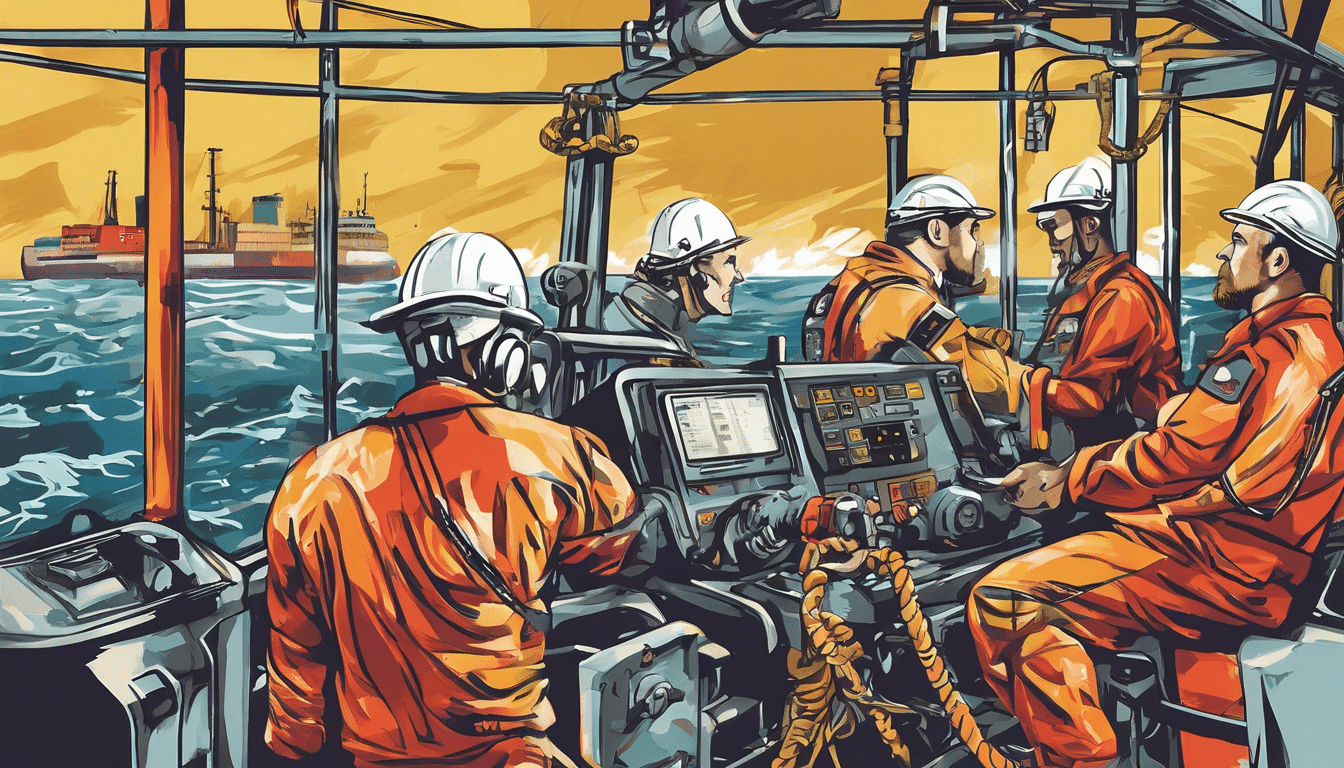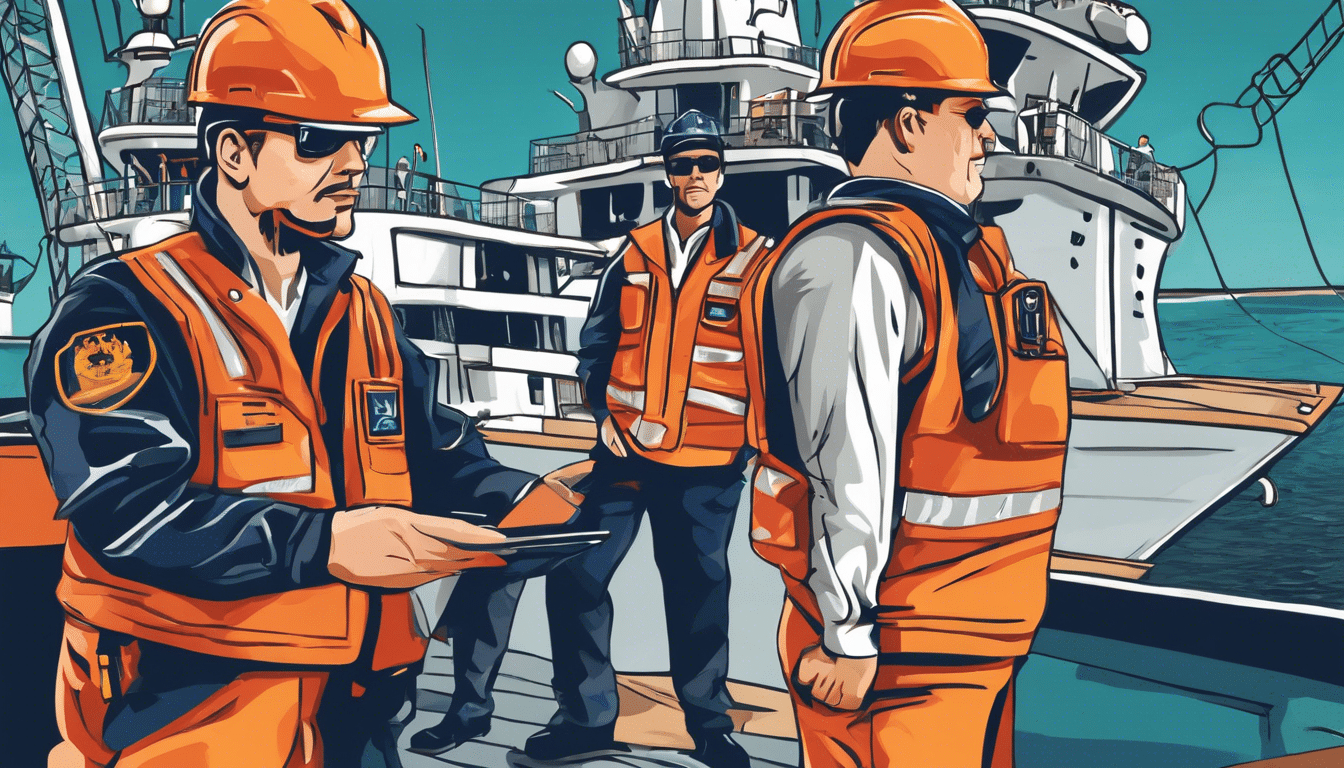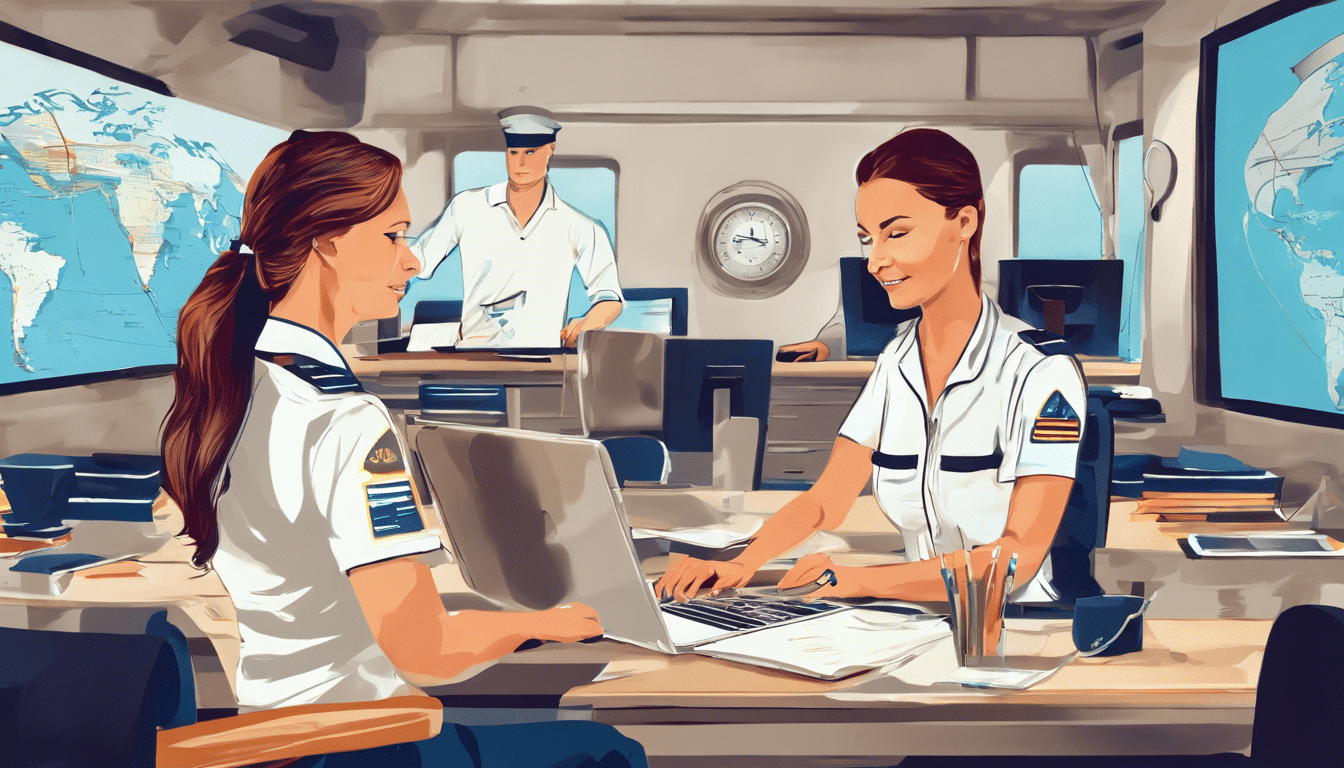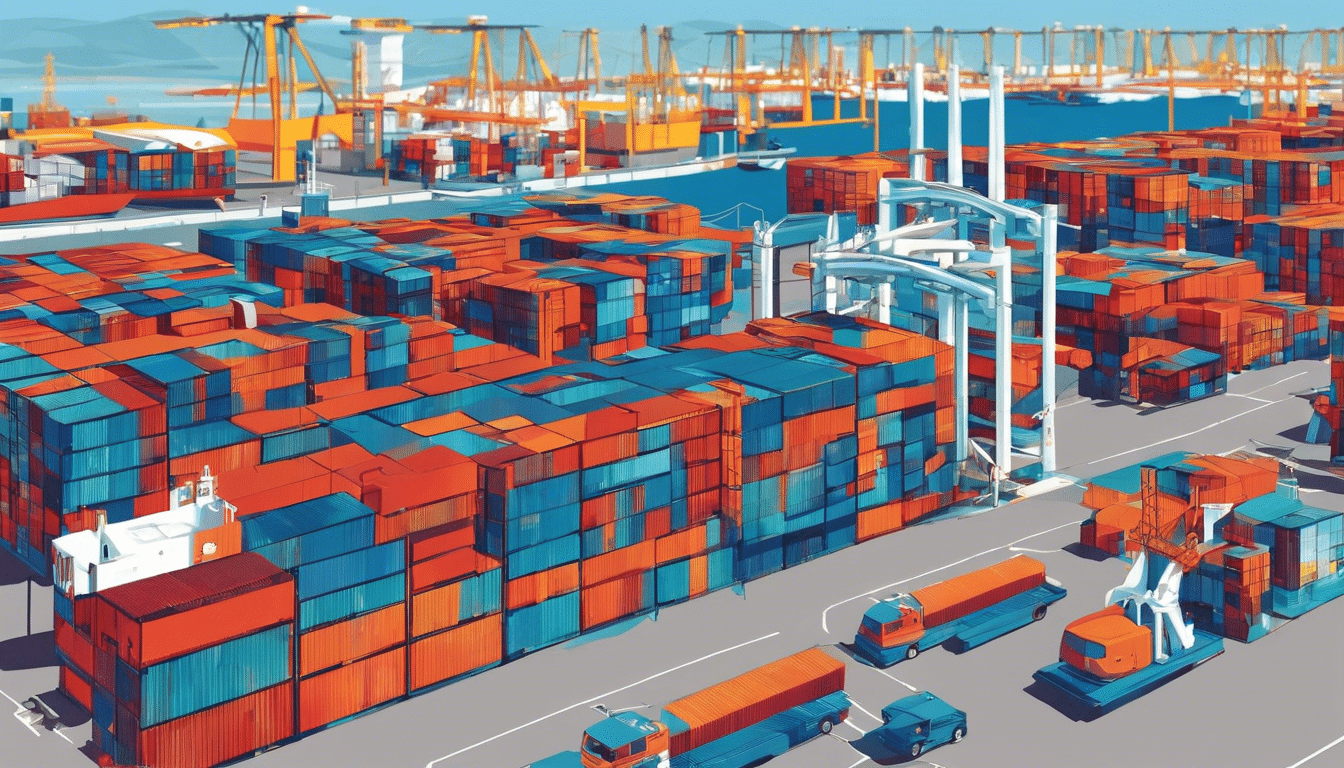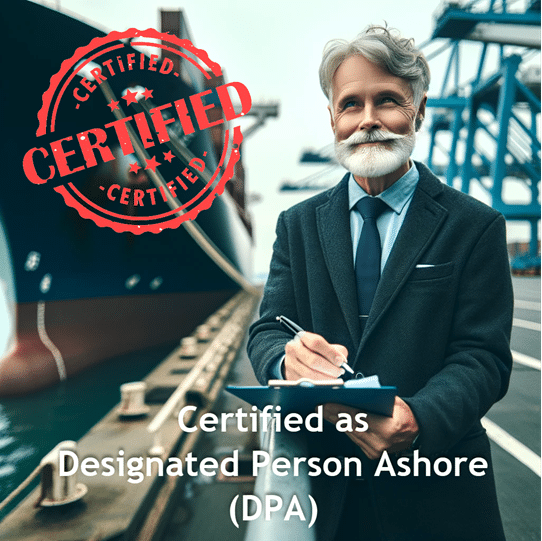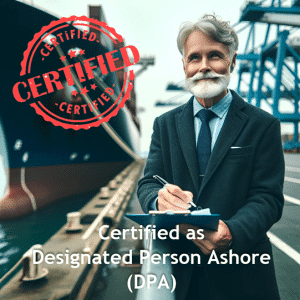The International Safety Management (ISM) Code, adopted by the International Maritime Organization (IMO), serves as a critical framework for ensuring safety at sea, enhancing environmental protection, and establishing safeguards against human error in maritime operations. Central to the effective implementation of this code is the role of the Designated Person Ashore (DPA), a position crucial for the oversight and management of safety and environmental protection on board ships. This article delves into the ISM Code’s structure, the DPA’s responsibilities and their impact on safety management systems, as well as the challenges faced by DPAs in maritime operations, ultimately highlighting best practices that can enhance their effectiveness.
Key Takeaways
- The ISM Code provides a framework for effective safety management systems in maritime operations.
- The Designated Person Ashore (DPA) serves as a vital link between ship operations and shore management.
- The DPA is crucial in implementing safety protocols to ensure compliance with the ISM Code.
- Challenges faced by DPAs include communication barriers and the need for ongoing training.
- Adopting best practices can enhance the effectiveness of the DPA in promoting maritime safety.
Understanding the ISM Code: An Overview
The International Safety Management (ISM) Code, established by the International Maritime Organization (IMO), serves as a crucial framework for enhancing the safety of shipping operations and the prevention of marine pollution. Originating from the 1989 SOLAS Conference (Safety of Life at Sea), the ISM Code was made mandatory for all commercial ships over 500 gross tonnage in
1998. This comprehensive code provides standards for the effective implementation of safety management systems, promoting continuous improvement, and ensuring compliance with safety regulations. By requiring shipowners and operators to develop, implement, and maintain a Safety Management System (SMS), the ISM Code helps to identify potential hazards and mitigate associated risks, ultimately leading to a safer maritime environment. Additionally, the code emphasizes the importance of crew training and operational procedures, ensuring that all personnel are adequately prepared to respond to emergencies and maintain safe operations aboard vessels. As maritime stakeholders increasingly adhere to these regulations, understanding the ISM Code becomes essential for professionals in the shipping industry, fostering a culture of safety and responsibility that underpins sustainable maritime operations.
The Role of the Designated Person Ashore (DPA)
The role of the Designated Person Ashore (DPA) is crucial in the maritime industry, serving as a pivotal link between a vessel and its shore-based management. The DPA is responsible for ensuring that a ship’s operations comply with applicable regulations and standards, particularly in the realm of safety and environmental protection. According to the International Maritime Organization (IMO) guidelines, the DPA must be adequately trained and possess a deep understanding of the ISM (International Safety Management) Code. This involves maintaining a robust communication channel with the crew, facilitating training and audits, and ensuring that proper safety and environmental management systems are in place. By doing so, the DPA enhances the ship’s operational efficiency and mitigates risks associated with maritime operations. Furthermore, the DPA plays a vital role in nurturing a safety culture onboard, promoting adherence to protocols, and ultimately contributing to the prevention of maritime accidents and environmental incidents. As comprehension of the DPA’s functions grows, so too does the importance of this position in upholding the integrity and safety of maritime operations.
‘Safety first is safety always.’ – Charles M. Hayes
Importance of the DPA in Implementing Safety Management Systems
The International Safety Management (ISM) Code is a critical framework essential for ensuring safety and environmental protection within the maritime industry. At the forefront of its implementation lies the Designated Person Ashore (DPA), who plays an indispensable role in maritime safety management systems. The DPA’s responsibilities encompass oversight and adherence to safety protocols and the promotion of a safety culture among all personnel. This special individual acts as a vital link between the ship and the shore, responsible for ensuring that safety management systems are not only instituted but also effectively maintained and updated when necessary. Furthermore, the DPA facilitates communication regarding safety practices, conducts risk assessments, and leads investigations of incidents to foster continuous improvement in maritime operations. Thus, understanding the importance of the DPA within the context of the ISM Code is essential for fostering an environment of safety and compliance in maritime operations, ultimately safeguarding human lives and protecting marine ecosystems.
Challenges and Best Practices for DPAs in Maritime Operations
In contemporary maritime operations, the implementation of the ISM Code has underscored the essential role of the Designated Person Ashore (DPA) in enhancing maritime safety. The DPA serves as a pivotal link between the shoreside management and the ship’s crew, ensuring that the vessel adheres to safety regulations and operational guidelines. However, this responsibility is not without its challenges. Common obstacles faced by DPAs include the complexity of integrating diverse safety management systems, the need for effective communication between the vessel and shoreside staff, and the ongoing pressure to comply with evolving legal and environmental standards. To mitigate these challenges, best practices must be adopted, such as fostering a robust safety culture onboard, conducting regular training and audits, and utilizing advanced technology for real-time monitoring. By embracing these strategies, DPAs can not only fulfill their obligations under the ISM Code but also significantly contribute to the overarching goal of maritime safety, thereby ensuring the protection of lives at sea and the integrity of marine ecosystems.
Virtual Maritime Academy is a leading provider of online maritime education and training, offering a wide range of courses designed to meet the needs of the global maritime industry. With a commitment to quality and innovation, Virtual Maritime Academy is dedicated to preparing seafarers and maritime professionals for success in their careers. Now a DNV Certified Maritime Training Provider, the academy upholds the highest standards of excellence in training and education.


